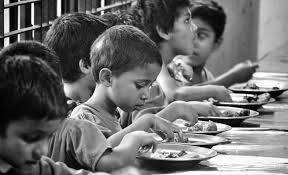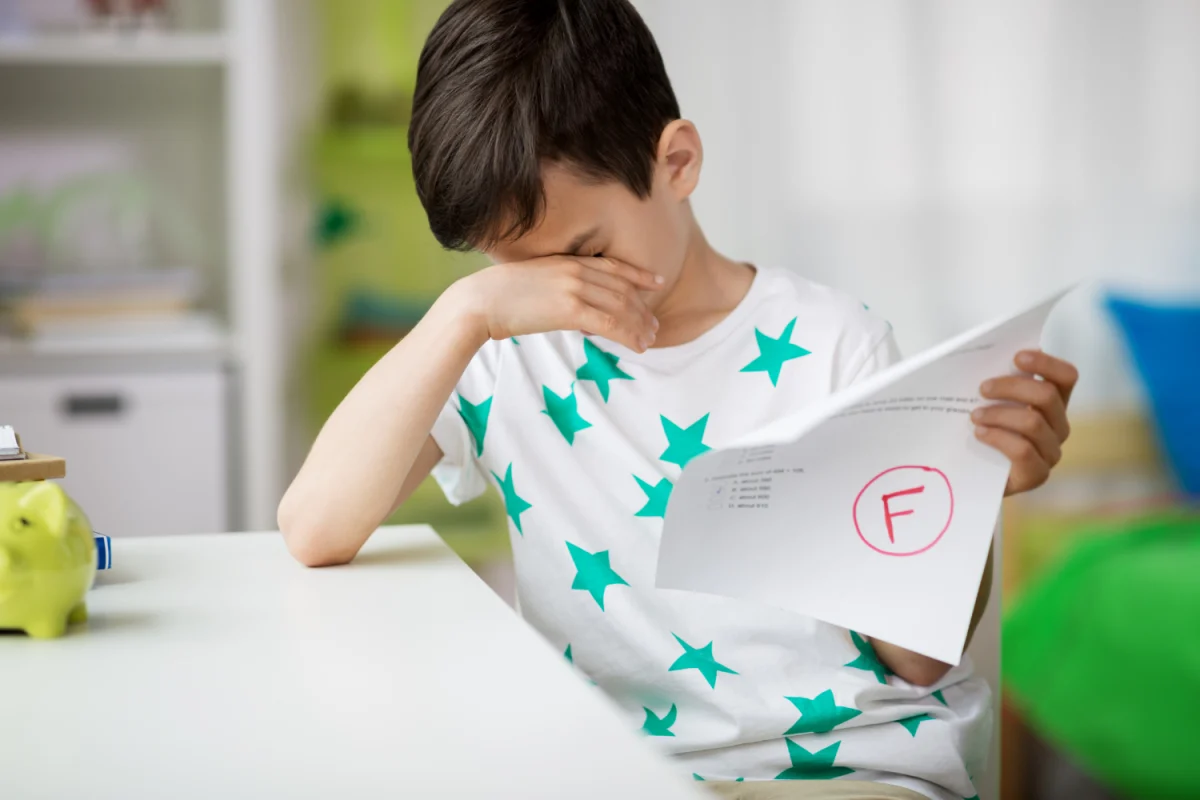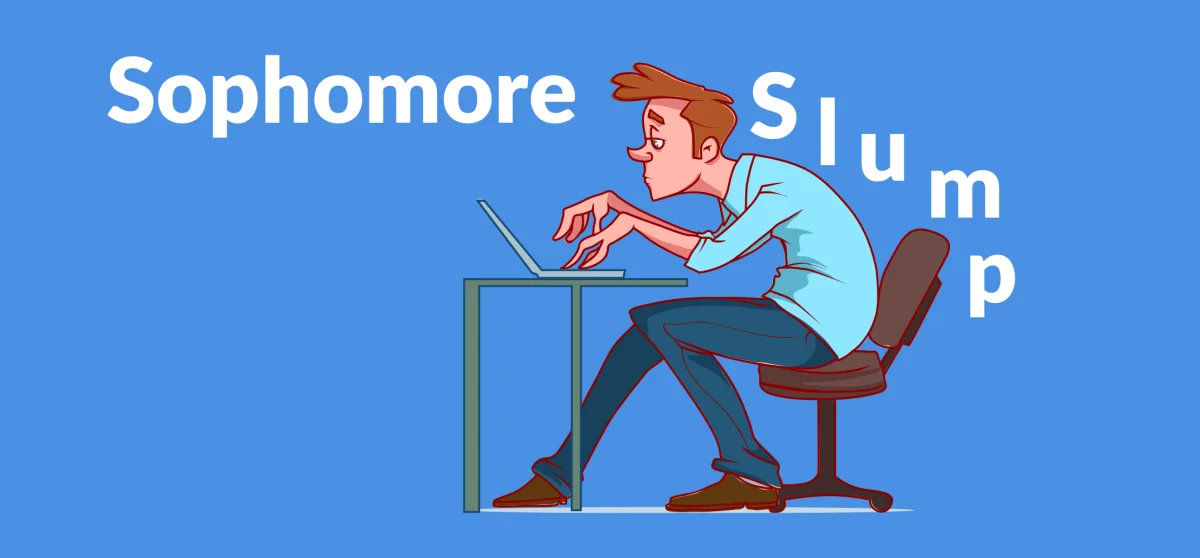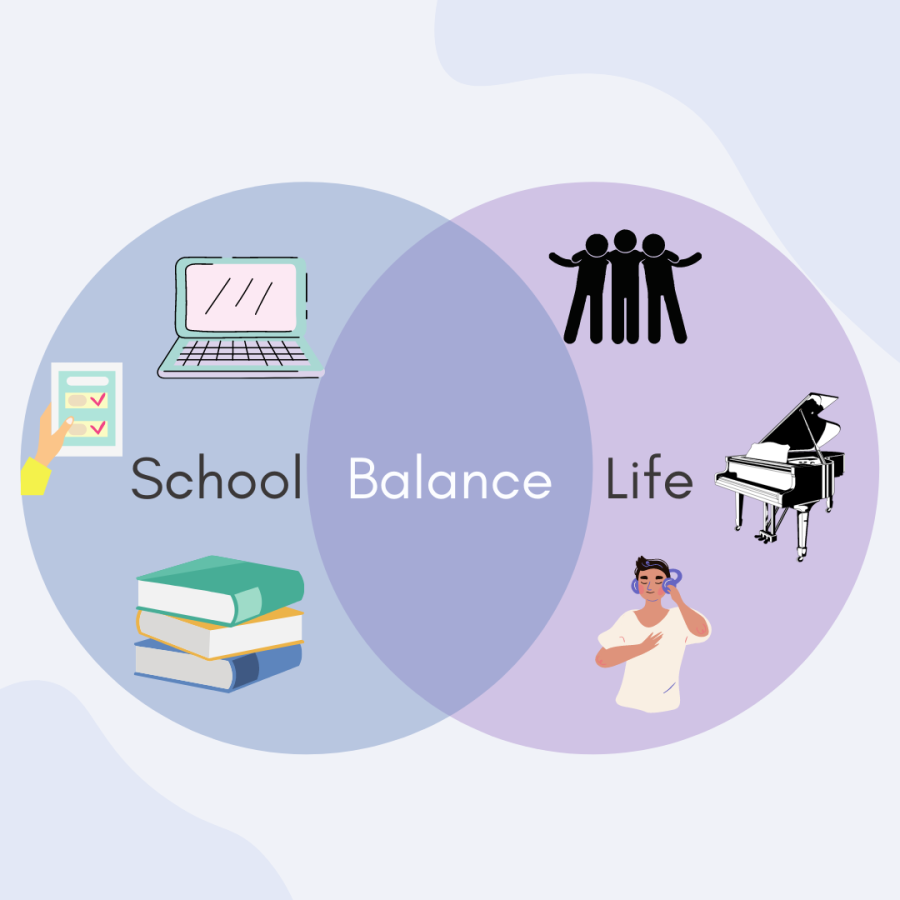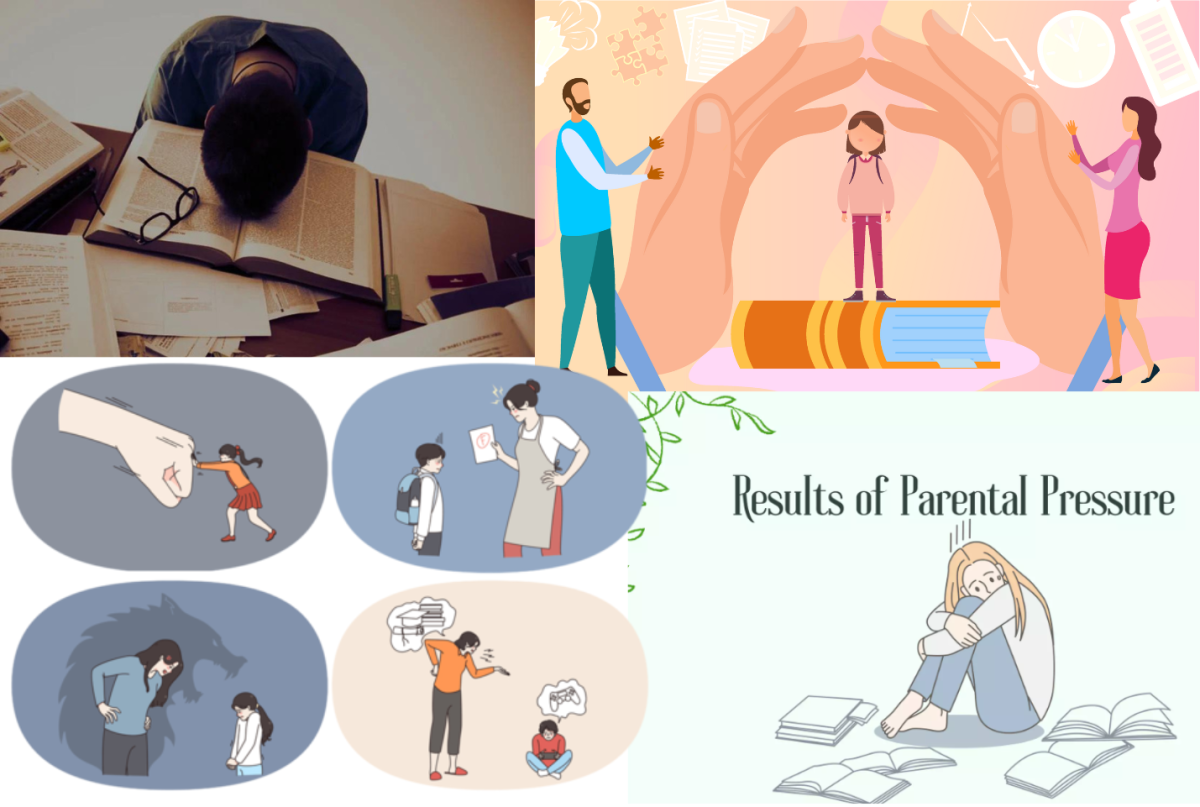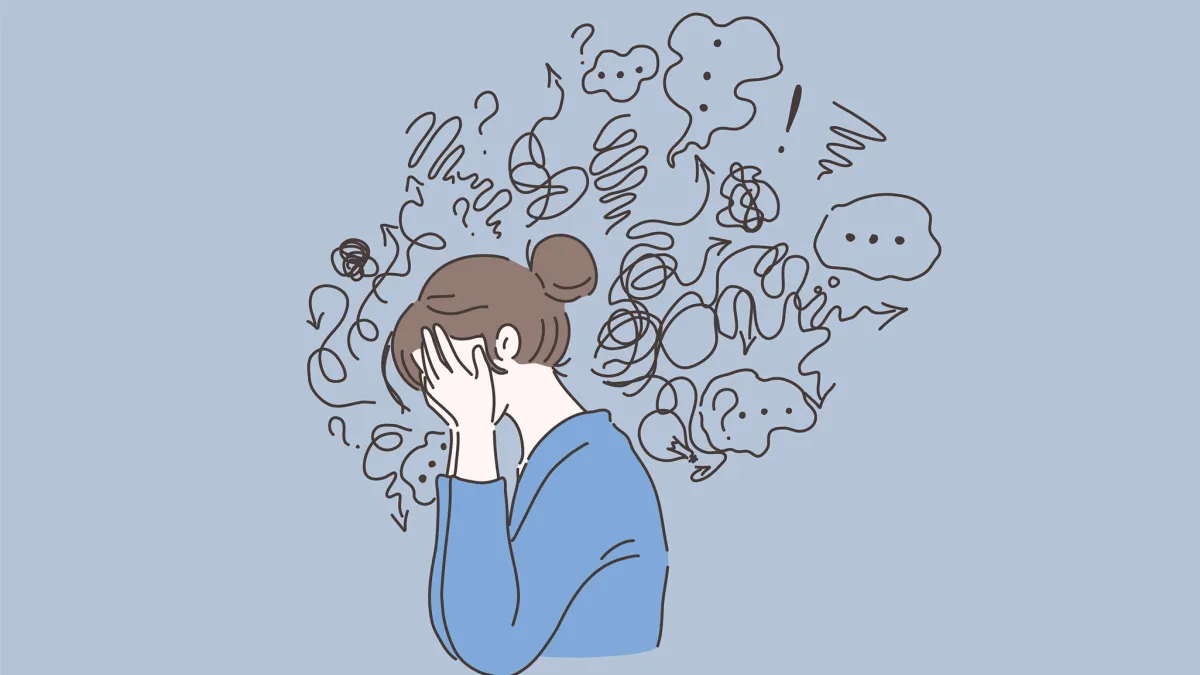As parents, you want your children to be successful and happy. Many parents give encouragement, motivation, and support to work hard, while other parents push and pressure their children to work better. Despite parent pressure having a positive effect and good intentions, there are dangers of putting too much pressure on children.
Parental pressure is an issue for teenagers! Parent pressure is an emotional strain on their children. Parents’ pressure is often related to culture, social standards, extracurricular activities or sports, relationships, and especially academic success and overall well being.
Many parents believe that they should push their kids to succeed, but many also believe they aren’t pushing children hard enough. According to Pew Global Attitudes, about 56% of American parents feel they aren’t putting enough pressure on their children, while 15% of parents are putting too much pressure. Students demonstrate that they feel pressured by their parents’ expectations to achieve. More than 60% of teenagers say they feel distress and under pressure.
There are two primary types of parental pressure: direct and indirect pressure. Direct pressure is parents expressing their disappointment to their children, involving parents yelling, forcing, or complaining. Indirect pressure is also a child’s feeling and goal to make their parents proud, involving parents to remind their child of their expectations or comparing them to other kids.
Parents put excessive pressure and high expectations on their children. It can affect their mental health and face consequences, including suicidal attempts. It can lead to anxiety, fear, stress, despair, loneliness, nightmares, etc. Continuous pressure can increase chances of disorders such as eating disorders, sleep deprivation, low self esteem, depression, poor academic performances, etc., including higher risk of injuries!
Most parents pressure their children for good intentions but don’t realize how much damage they put on their children. Parents should avoid pressure, but support them. Parents need to praise their children, validate their feelings, interact with them, and learn to recognize harmful pressure. Having an open and honest communication can help understand your child’s feelings and give support.
“Yes, my parents put pressure on me about school. They encourage me but also pressure me to work hard and do good at school,” stated sophomore Kâshonah Owens.
Parental pressure can be harmful to children. Parents should know the difference between encouraging their children instead of pressuring them. It is important to know the concerns and emotions of children and teenagers when they are dealing with stressful situations.














